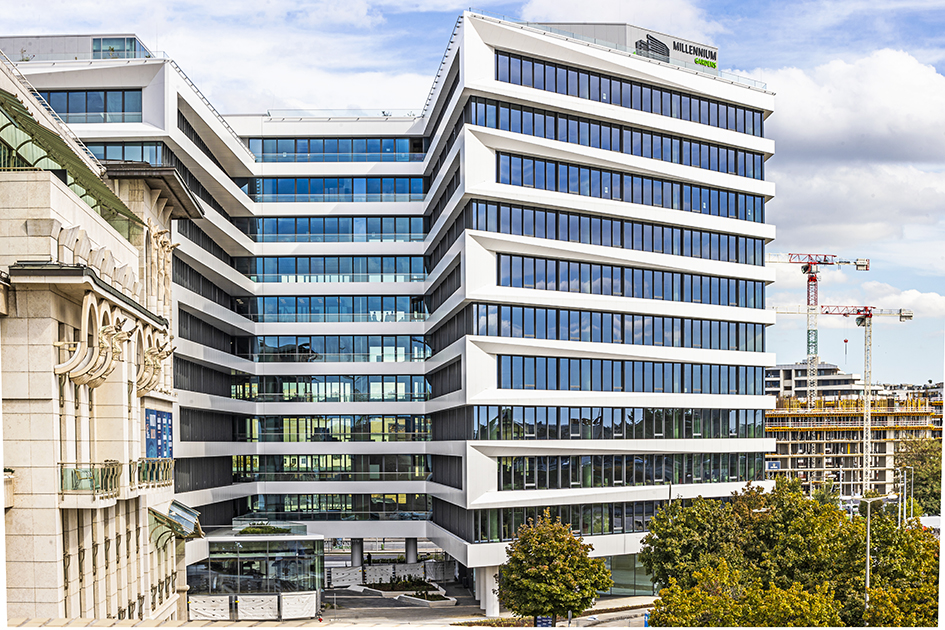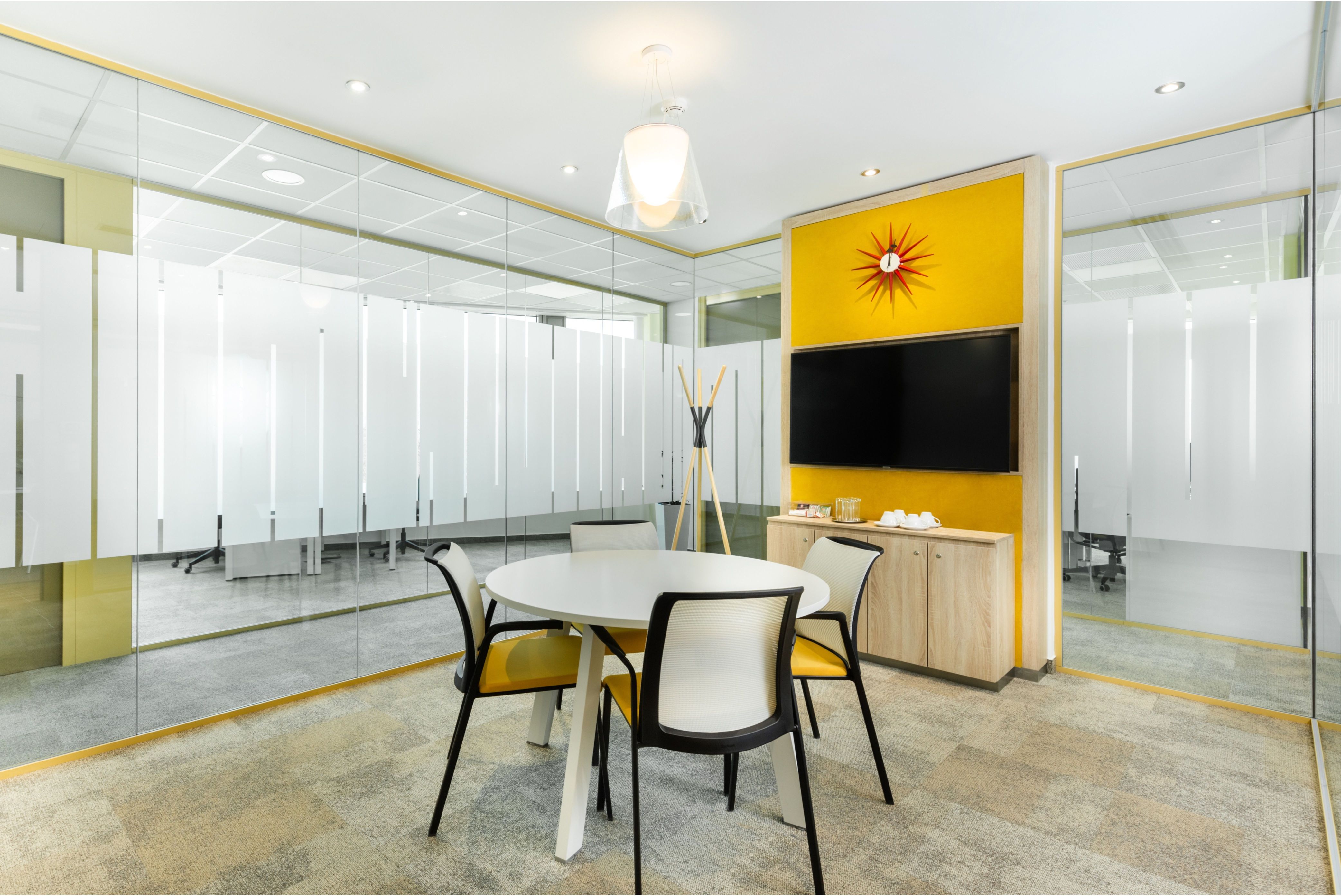The Future of Hungary’s Occupational Landscape

Photo by WD Stock Photos / Shutterstock.com
The Budapest Business Journal quizzed consulting professionals across Budapest to highlight trends regarding employees’ return to the workplace, hybrid work schedules, what young workers are looking for in a company and its management, the possibility of a four-day workweek in Hungary, and the future of offices.
“The employer that allows hybrid work with flexible time schedules and home office options for its employees enjoys an advantage in the labor market, both in terms of retaining the workforce and recruiting new employees. The possibility of a home office has become an important part of the employee ‘package,’” says Szilvia Fehérvári, a partner and attorney at Andersen Hungary.
Although the end of the COVID-19 lockdowns saw a return to most of the pre-pandemic standards and expectations within the workplace, hybrid work schedules remain one of the most significant long-lasting impacts.
Deloitte’s 2023 “Big Quit” research highlighted Hungarian public opinion on hybrid work, mentioning that the opportunity for it was an important factor in job satisfaction for 78% of respondents. So much so, indeed, that “an increase in the number of mandatory office days would encourage nearly half of workers to change jobs.” Furthermore, the research showed that 40% of respondents would give up part of their salary for the possibility of choosing a more flexible place of work.
There is, however, a tension between Hungarian employers and employees as to the extent of flexibility a hybrid workplace should provide as managers look to persuade more workers to return to the office.
“In 2023, the news has already surfaced at some larger companies that, in contrast to unlimited home office, they will require a certain proportion of time to be spent in an office environment,” shares Zita Erős, director of HR at KPMG in Hungary.
“In this matter, employers must find a balance to ensure sustainable operations in the long term, taking into account both employee satisfaction and business aspects so as not to lose the recruitment, attraction and retention opportunities inherent in the highly competitive advantage of working from home,” she adds.
According to Márta Reguly, leader of PwC’s People & Organization consulting team, companies rely on both compulsion and positive encouragement to increase their employees’ time in the office.
Home Office Elimination?
“There are examples of both phenomena; however, a combination of the two is most typical. In many traditional (often Hungarian-owned) companies, it can be observed that the home office option has been eliminated or is provided only in special cases,” she explains.
“The most typical way to encourage attendance is through various social programs and extra benefits available locally, such as company breakfasts or massages,” Reguly adds.
Along with the concept of hybridity, the four-day workweek has been a thoroughly discussed concept in the last few years, with several trials being run in 2022 not only in Europe but globally; however, it seems it is slowly losing momentum with Hungarian companies.
Reguly describes the approach as “an attractive option” but explains that “[workers] have relatively low confidence in how it can be implemented effectively on a day-to-day basis.”
She adds, “Many fear this would hinder the employee’s wage level and career opportunities. [...] On the one hand, [employers] see it as strengthening the employer brand and employee well-being; on the other hand, they are worried about decreased productivity. In addition, implementing the system is also a great challenge, given the numerous labor laws, work organization and cultural development tasks which fall to the employer.”
Besides more flexibility in terms of hybrid work, Deloitte also looked at other factors to find out what young employees are searching for in a modern career.
“Popular trends within [Generation Z], such as #ActYourWage, #RageApplying and #QuietQuitting, show that company managers urgently need to think about how to create a more supportive, positive work environment, primarily for Gen-Z, but ultimately for all employees,” shares Martin Csépai, director of Deloitte Hungary’s HR consulting.
Gen-Z Desires
Three main requirements of Gen-Z workers were detailed in the report, including the implementation of short, practical lessons and information regarding the work process, an environment where employees can take a day off with peace of mind, and functional knowledge for managers to better coach, and reach, this cohort of workers.
With the increase of remote positions and hybrid work schedules within companies, the future of physical offices is becoming a cause for discussion for Hungarian office developers.
Attila Pintér, senior manager of real estate transactions at PwC, highlights foreseeable trends in terms of hybrid work and its consequences on physical office spaces.
“Hybrid working will probably stay with us forever. Accordingly, the role of the office has changed significantly; solitary work requiring immersion and concentration takes place more in the home environment, and the office is more the primary place for teamwork, brainstorming, and socialization,” he states.
“Two opposite effects appear as a result of this: fewer people are present in the office at a given time, but on average, more space is needed per person due to the increased proportion of common areas.”
Pintér accepts that there is an apparent contradiction here. “The two effects, at least for now, it seems, do not balance each other out: the vacancy rate of office buildings [in Budapest] rose from around 5% in 2019 (which was more like 3% in the core submarkets) to more 13% by the end of 2023,” he says.
“In the long term, ESG aspects will become determinative, so it is expected that the office market will be segmented; we anticipate a much larger price difference than the current one between newer offices, with appropriate qualifications, and older, less energy-efficient buildings that do not meet the most modern expectations,” Pintér concludes.
This article was first published in the Budapest Business Journal print issue of January 26, 2024.
SUPPORT THE BUDAPEST BUSINESS JOURNAL
Producing journalism that is worthy of the name is a costly business. For 27 years, the publishers, editors and reporters of the Budapest Business Journal have striven to bring you business news that works, information that you can trust, that is factual, accurate and presented without fear or favor.
Newspaper organizations across the globe have struggled to find a business model that allows them to continue to excel, without compromising their ability to perform. Most recently, some have experimented with the idea of involving their most important stakeholders, their readers.
We would like to offer that same opportunity to our readers. We would like to invite you to help us deliver the quality business journalism you require. Hit our Support the BBJ button and you can choose the how much and how often you send us your contributions.










